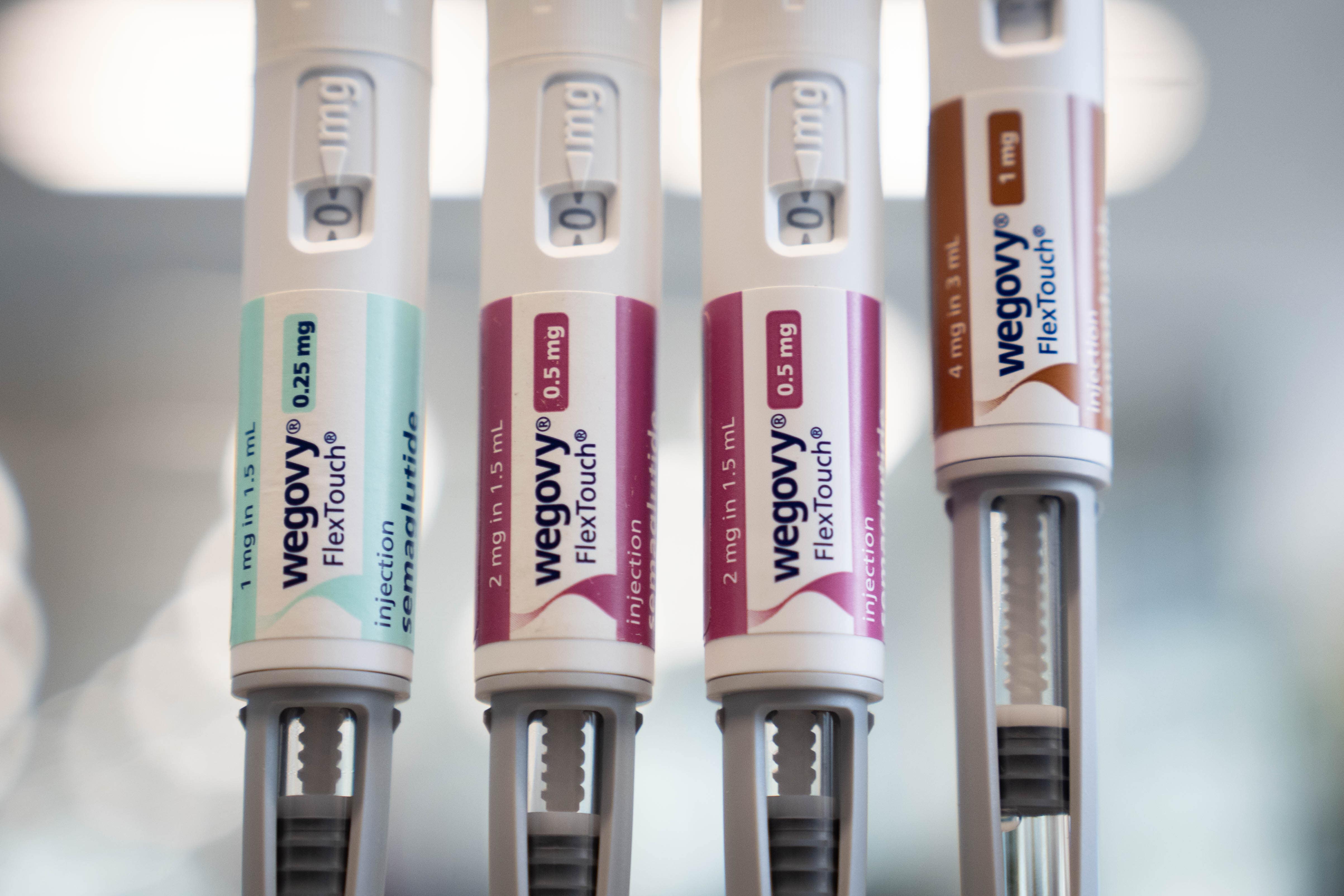Novo Nordisk’s ambitious trial into whether its blockbuster obesity drug, semaglutide, could treat Alzheimer’s disease has been described as a "lottery ticket" by a senior executive, highlighting its uncertain yet potentially transformative prospects.
The Danish pharmaceutical giant anticipates receiving data from its crucial Alzheimer’s disease trial by the close of 2025.
Following its immense success in the weight loss market, Alzheimer’s disease is emerging as a significant new frontier for GLP-1 drugs like semaglutide, as drugmakers investigate applications beyond their established uses in obesity and diabetes.
Ludovic Helfgott, a Novo Nordisk executive, told Reuters during the European Association for the Study of Diabetes conference in Vienna: "We always presented it as a lottery ticket and it still is because it's very uncertain."
The company is currently investigating whether semaglutide, the active ingredient found in popular medications Ozempic and Wegovy, can effectively slow cognitive decline in patients experiencing early-stage Alzheimer’s.

These "EVOKE" trials represent the first large-scale studies to explore semaglutide’s potential to modify the progressive brain disorder, which is the most common form of dementia.
Despite some calls from investors for broader diversification, Mr Helfgott reaffirmed the company's primary focus on obesity, diabetes, and related comorbidities, indicating no immediate shift into other disease areas.
UBS analysts previously estimated only a 10 per cent probability of success for the Alzheimer's trial but said a positive outcome could add as much as $15 billion in annual revenue.
Barclays analysts said that the results would be critical in determining whether Alzheimer's can become a new pillar of long-term growth for the company.
Novo Nordisk announced last wek it will cut 9,000 jobs in a bid to reignite growth and fend off intense competition from US rival Eli Lilly LLY.N and a wave of compounded copycat drugs.
The restructuring, including the largest layoff in Denmark's history, is expected to save 8 billion Danish crowns ($1.25 billion) annually and comes as Novo Nordisk is battling to revive its fortunes under a new CEO after it lost its lead to Eli Lilly in the obesity and diabetes markets.
Sales growth has stalled and shares have slumped, knocking $450 billion off the Danish company's market cap since the middle of last year and hurting the local economy. The company issued its third profit warning this year on Wednesday, citing 9 billion crowns in one-off costs tied to the overhaul.
Vital breakthrough as once-a-day pill can help people lose ‘significant’ weight
Weight-loss drugs help stop intrusive thoughts about food, study finds
Scientists design a new digital test to diagnose Alzheimer’s
Childhood loneliness increases risk of dementia, study finds
Dad dismissed fatigue as overworking diagnosed with prostate cancer
Racism a main cause in poor maternity outcomes for Black women, report reveals







